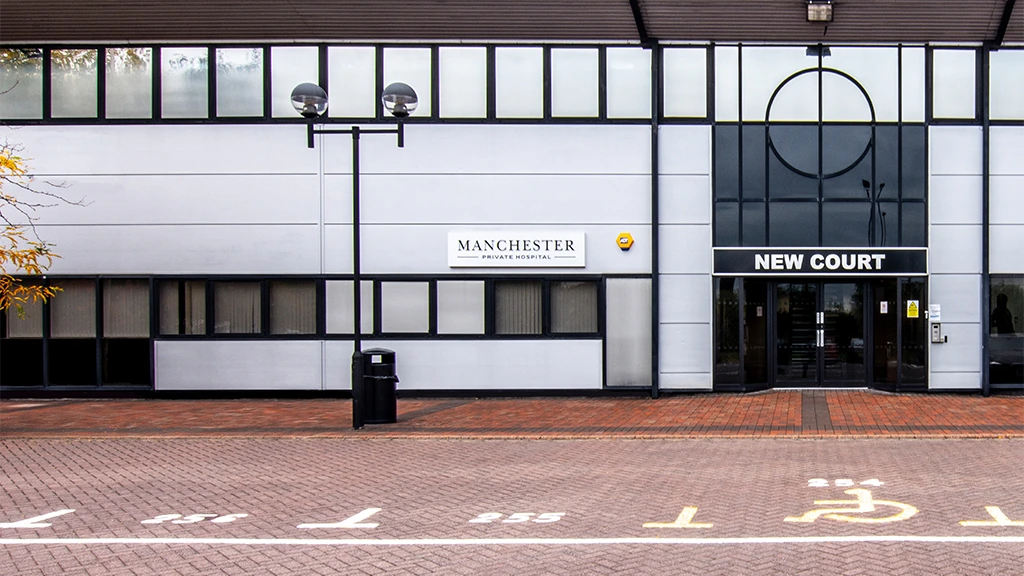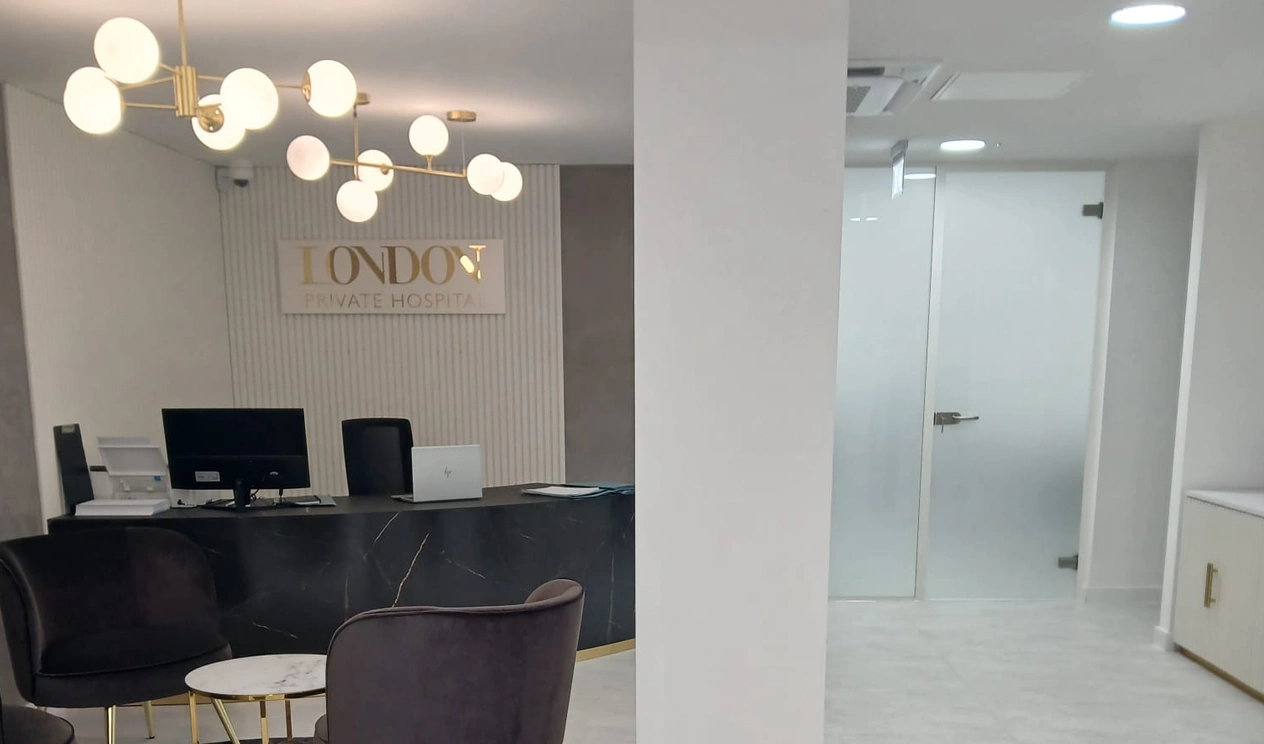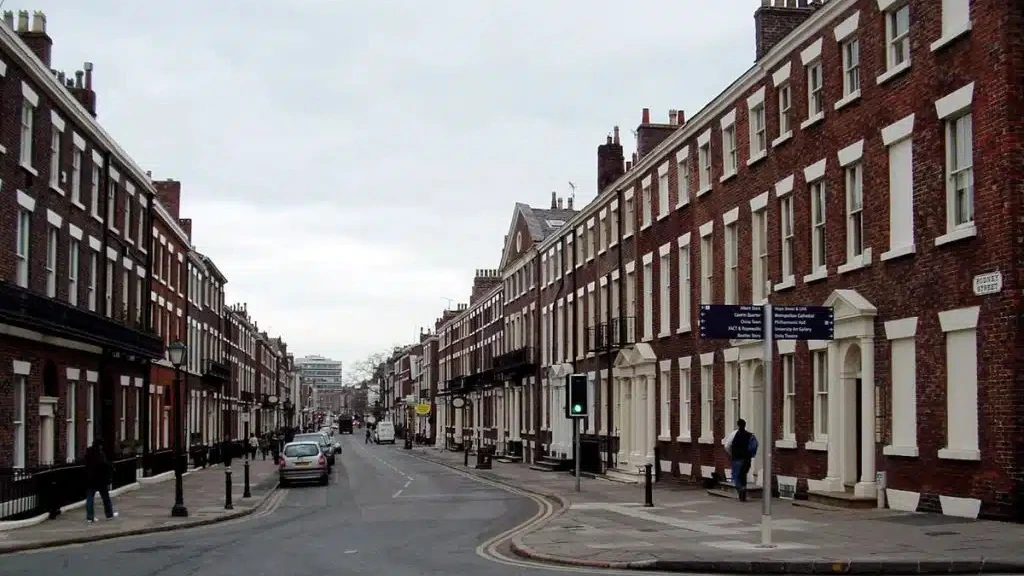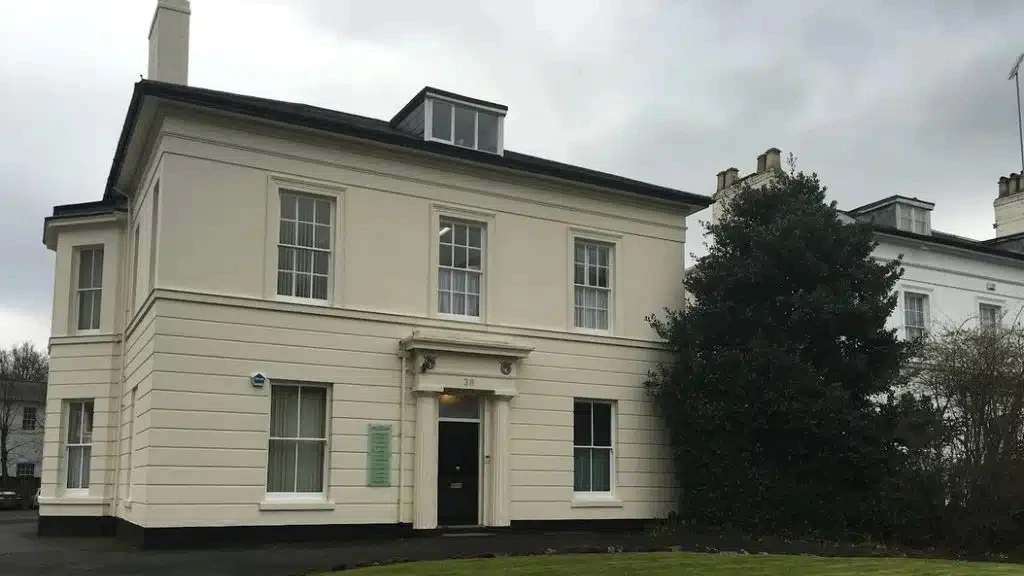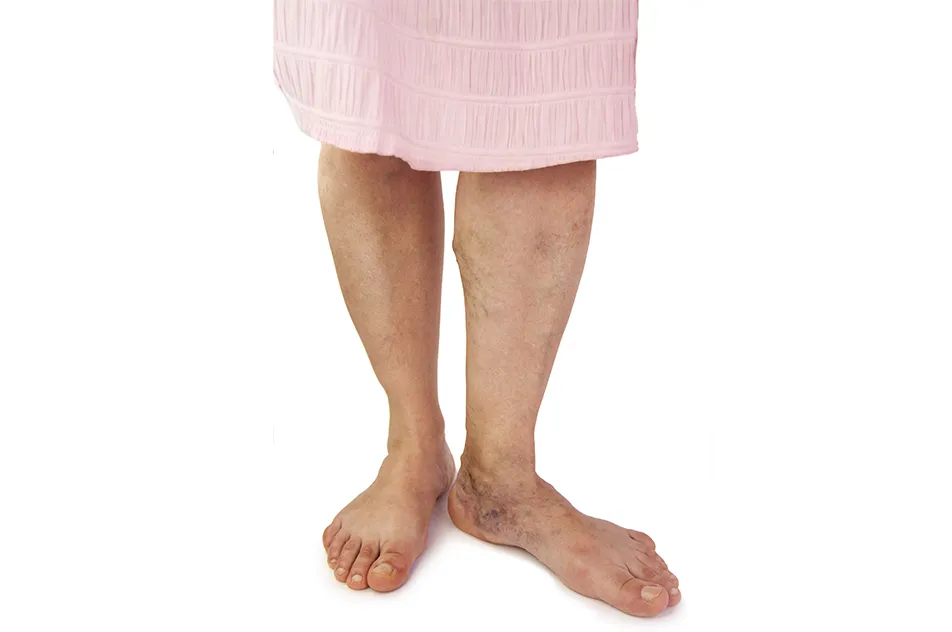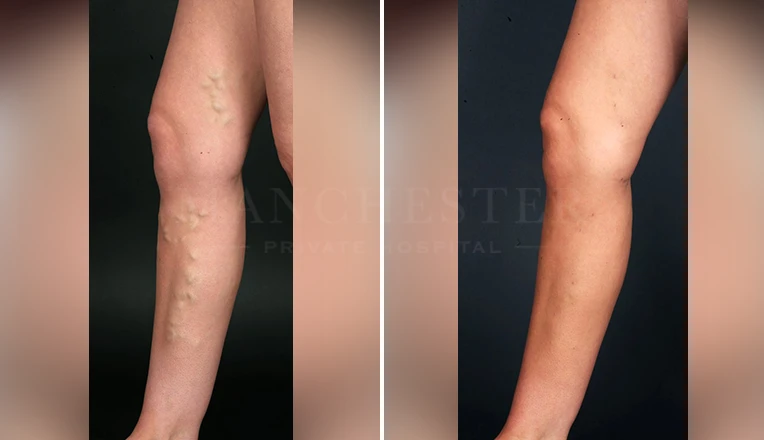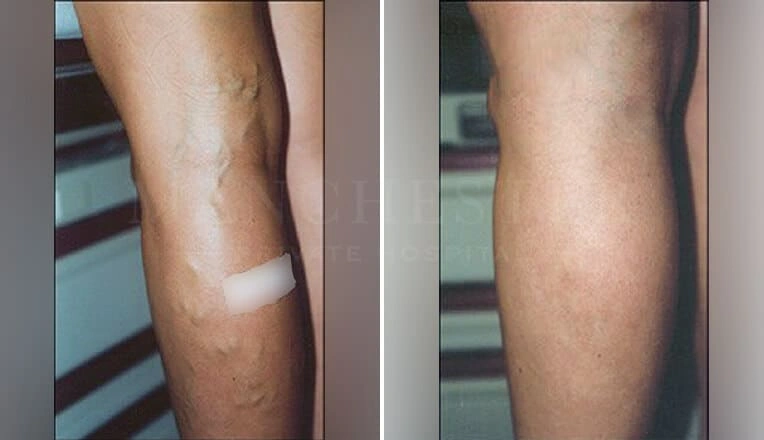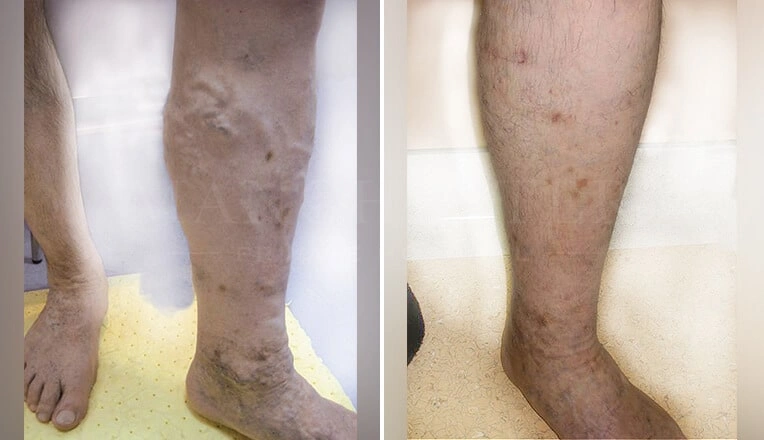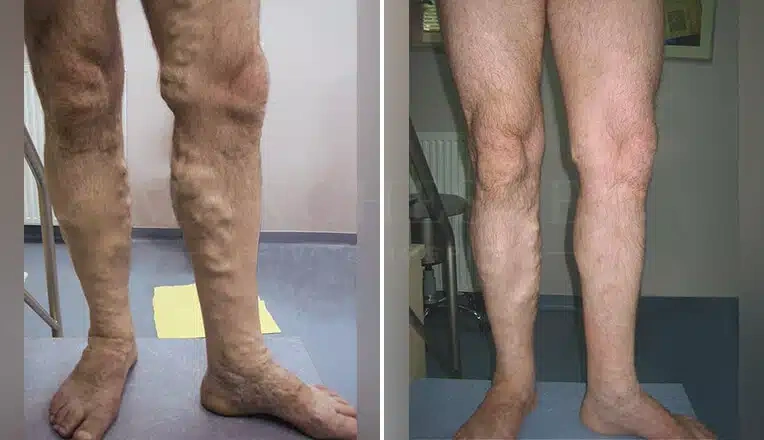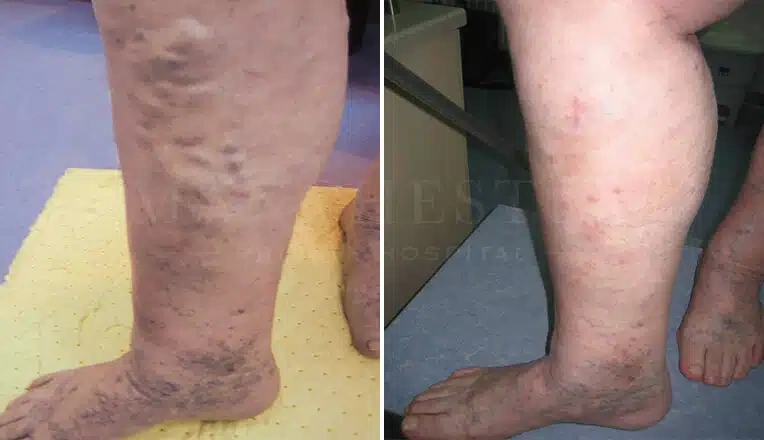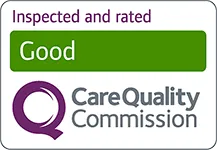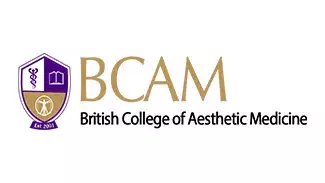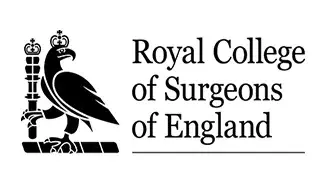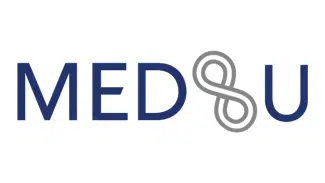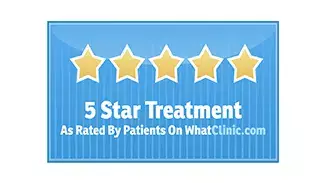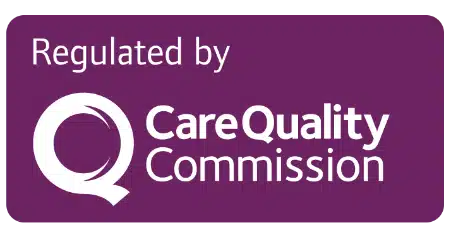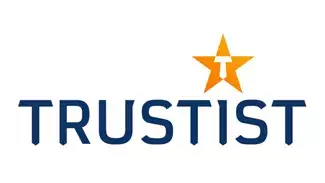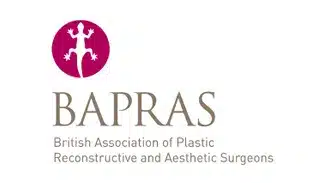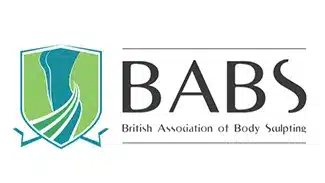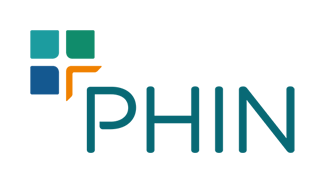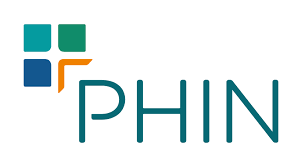What Causes Varicose Veins?
Certain events in life can cause varicose veins, but some people can be prone to them also.
There are 2 types of veins that can be affected; deep veins located deep within the legs and superficial veins located near the surface.
As veins only carry the blood one way, they contain tiny valves that make sure the blood travels the correct way towards the heart.
Unfortunately the valves can fail, which allows blood to flow in both directions.
This can cause an overload in pressure at different moments, such as standing and exercising.
The increase in pressure can force the veins to widen and therefore the valves do not shut properly, causing even more blood to flow backwards and more pressure.
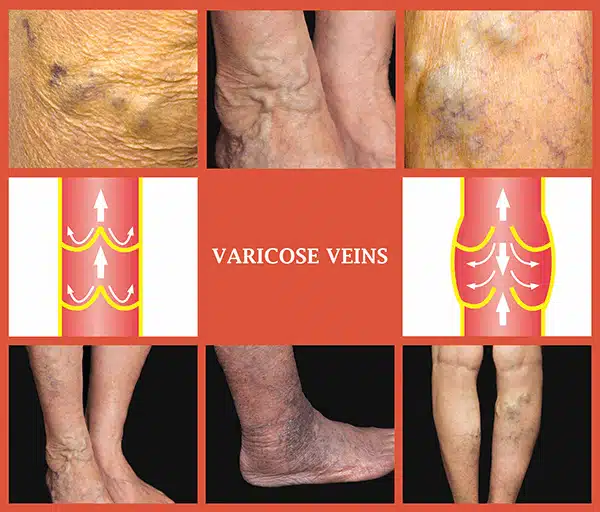
So what is to blame?
Although varicose veins can run in the family, there are a number of factors that you can point the finger at. Including;
Hormones
Age
Weight
Activity – such as standing for a long time
Pregnancy
The first trimester during pregnancy is known for causing varicose veins due to the increase in the volume of blood and hormone levels.
Pregnancy is also known for putting the body under increased stress and as organs adapt, such as the uterus enlarging it can increase pressure in the veins.
Sometimes varicose veins can improve after giving birth. But if you have more than one child, varicose veins are more likely to appear and may not fade as well in the future.
So is there anything you can to do prevent varicose veins?
Whilst varicose veins can be down to your family genetics and history, there are a few things that you can do to prevent them, especially if you already know that they run in the family.
Standing for very long periods of time can sometimes contribute to causing varicose veins, especially if you are predisposed to them.
People who are in jobs that require standing idle for long periods should take caution and try to stick to health and safety at work regulations, such as regular breaks and changing position from standing to sitting and walking around.
As mentioned above, pregnancy is obviously a major factor in causing varicose veins, but despite the evidence, people wish to proceed anyway and deem it not extreme enough to put them off having children.
In addition, trauma can cause veins to become abnormal, including varicose veins and spider veins.
For example, jockeys who ride horses are prone developing problem veins on the inside of their legs.
If you notice varicose veins in the early stages, support socks / stockings are known for helping and can sometimes prevent them getting worse.
Are varicose veins only a cosmetic issue?
Thread veins, spider veins and some varicose veins can be cosmetic only, especially thread and spider.
However, some varicose veins can cause real ongoing issues if left untreated, such as developing ulcers, which don’t heal, sore skin and swollen legs / ankles.
If you are symptomatic, sometimes an ultrasound scan can be performed to check out the extent of the problematic veins in your legs and guide you on the right path to treatment. A scan is able to see how the blood flows and pinpoint any valves that are not working correctly.
Sometimes people feel symptoms but ignore them because they are not too bad. Others have no symptoms at all but are put off by the way they look and often feel self conscious baring their legs in certain situations.
What is the best treatment?
Due to the number of contributing factors that can cause varicose veins, along with how much they can affect people in different ways, there is no one treatment that fits all.
Arranging a consultation with a specialist vein expert will provide you with the opportunity to ask many questions about varicose veins and the treatment options available.
For some patients, ablation may be the best course of action, whereas to others a foam treatment may be more beneficial, allowing the chemical to destroy the vein and force natural blood diversion.
Surgical stripping is also a viable option for patients who are bothered by the look of varicose veins, as the entire vein can be removed from the leg via one or two incisions that usually heal with minimal visible scarring.
Removing the vein is possible as there are many other veins in the body that take over following the removal of a problem vein.
For more details about varicose veins and its solutions, please visit our varicose veins removal page.
For concerns related to smaller, visible veins, explore our Thread Vein Treatment options.
Varicose Veins Before and After Gallery
Read Our Patient Reviews
Explore our reviews made by real patients
Meet Our Expert Surgeons
Get to know our highly experienced surgeons
Consultation Locations
We offer Consultations from a number of locations around the UK
Prices and finance
We have partnered with Chrysalis Finance, allowing patients to apply for cosmetic surgery finance for all our procedures
Consultation Locations
Manchester Hospital
Manchester Private Hospital New Court, Regents Place, Windsor
Street Salford, Greater Manchester, M5 4HB.
